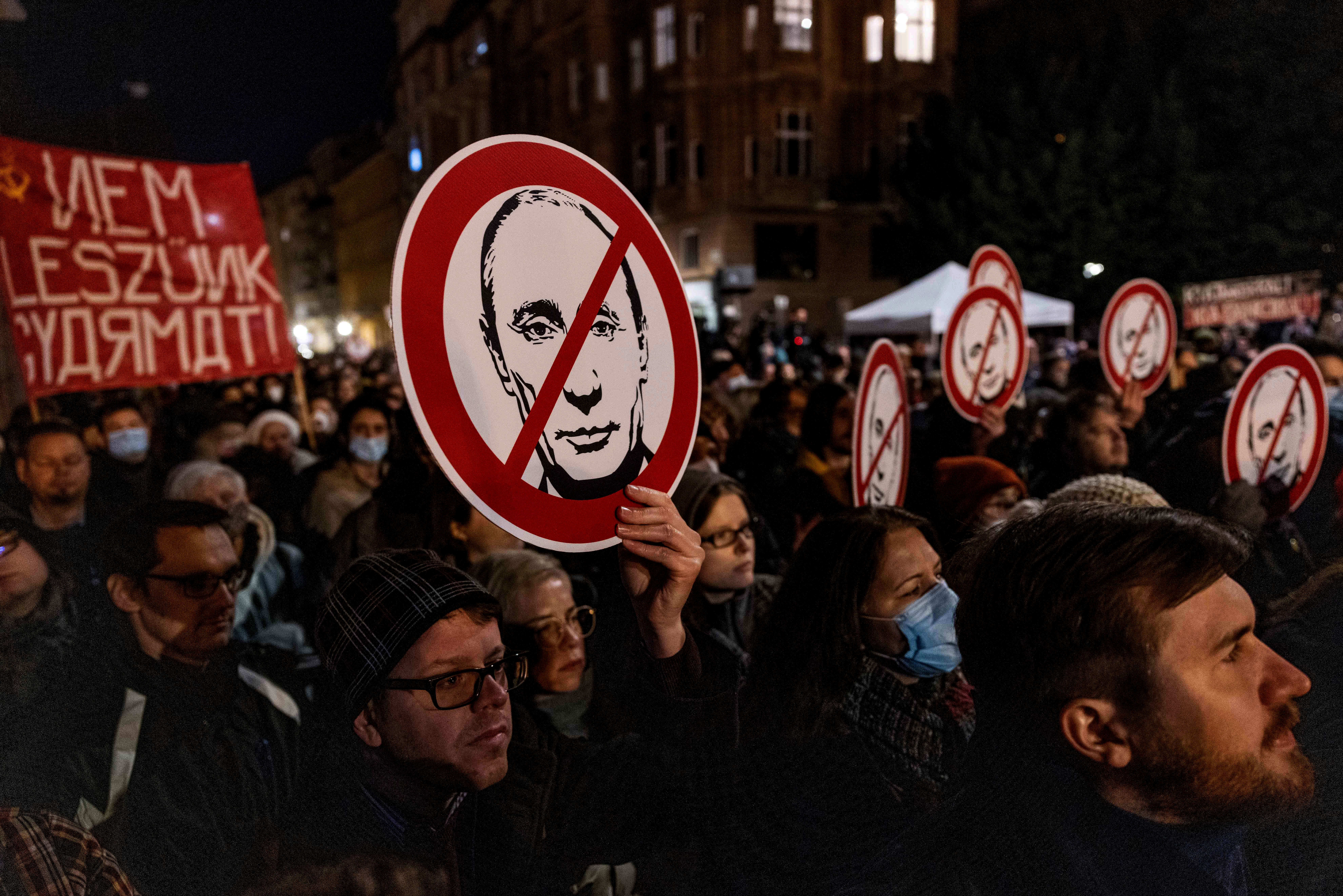

As more asset owners decide to cleanse their portfolios of Russian assets, international sanctions and Moscow’s retaliations are frustrating attempts to divest.
The trickle of asset owners setting divestment policies in response to Russia’s invasion of Ukraine has become a flood, with prominent investors around the world dialling down their exposure in line with social policies and stranded asset fears.
Russian troops crossed into Ukrainian territory in February and have waged a violent campaign against cities, troops and civilians. In retaliation, Western powers have imposed economic sanctions on Russia, while large companies including BP, Shell and Daimler have cut their exposure to the country.
Sustainable Views and sister publication Pensions Expert charted asset owners adding their own voice to the debate while mitigating portfolio risks.
Extrication attempts
In the UK, the Transport for London Pension Fund, Church of England Pension Fund, Universities Superannuation Scheme, and large automatic enrolment pension provider Nest have all frozen holdings or ordered managers to sell their positions. Simon Pilcher, chief executive of investment management at the USS, told BBC Radio 4 on March 1 that “there is a clear financial, as well as a moral, case for divestment with respect to our Russian holdings”.
The Brunel Pension Partnership, a pool of local government schemes, announced that it would further seek to engage with non-Russian companies that derive material revenues from the country. Chief investment officer David Vickers comments: “Our vision statement is ‘forging better futures by investing for a world worth living in’. The actions taken by Russia stand in direct contravention to this ethos and, ultimately, to our responsible investment principles.”
Elsewhere in Europe, the Norwegian Government Pension Fund Global, the world’s largest sovereign wealth fund, which was created to invest surplus revenues from the country’s oil assets, was among the first to divest completely after instructions from the ministry of finance. Several Dutch pension funds took similar stances, according to the FT’s institutional asset management intelligence platform MandateWire.
This position was reflected in North America. Canada’s British Columbia Investment Management Corp and Caisse de dépôt et placement du Québec both announced their intention to sell, while US fund publication Fundfire recorded a host of states lining up to make the same move.
Liquidity is evaporating
Asset owners such as pension funds have the necessary latitude in most jurisdictions to reflect ethical considerations in their investment decisions, so long as doing so does not harm investment performance. Many are arguing that these assets entail unpalatable environmental, social and governance risks, and point to the freefall in the price of Russian assets as a motive for exit.
The problem that they face, however, is that there are few avenues left open for exiting these investments.
Seven Russian banks have now been cut off from Swift, the international payments communication system. In retaliation, Moscow has banned foreign investors from selling Russian assets and receiving payments of coupons on Russian debt.
The Moscow Stock Exchange remained closed on March 2, while one asset owner told Sustainable Views that liquidity in Russian markets, especially bonds, borders on non-existent. The exclusion from Swift means that investors are struggling even to offload assets to Russian institutions.
A similar story played out in non-Russian markets. Trading volumes for Sberbank, Gazprom and Rosneft on the London Stock Exchange were down on previous days on March 1, with many trades on March 2 flagged as resulting from trading algorithms. One banker with close knowledge of Russian markets tells Sustainable Views: “The only buyers may be Middle Eastern national oil companies or Chinese investors.”
No way out?
The uncomfortable conclusion many asset owners will therefore face is that – for the time being at least – they may be stuck with their Russian assets. While UK pension funds such as Nest and the BT Pension Scheme have less than 1 per cent of total assets in Russian stocks and bonds, the securities have found their way into several funds.
“It should be noted that Russian equities had been performing well over recent years, and a number of blue-chip companies were held across global emerging market managers and even some global equity fund managers,” observes Faisal Rafi, head of research at RisCura.
“Most fund managers would not have added to these positions over recent months given the geopolitics,” he adds. “What exposure asset owners are left with is a function of their positioning before the start of the escalation towards war, and they can now neither add [to] nor sell their positions.”
Despite the paradox that a future lifting of sanctions would signal an easing of the ESG risks inherent in Russian assets, some pension funds remain keen to get out whenever possible – though without much urgency. “We haven’t set a timetable [for managers] on this,” one says. “With little exposure, we’re comfortable waiting.”

